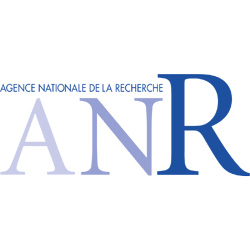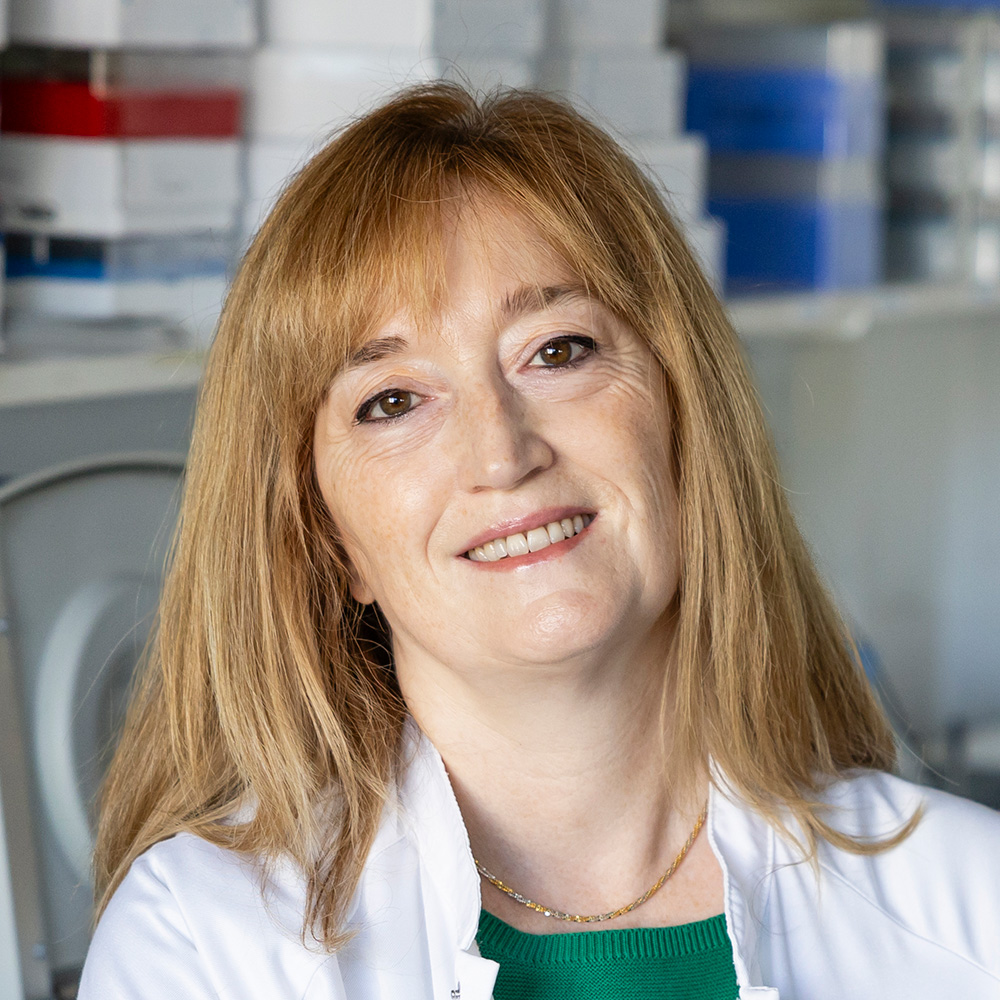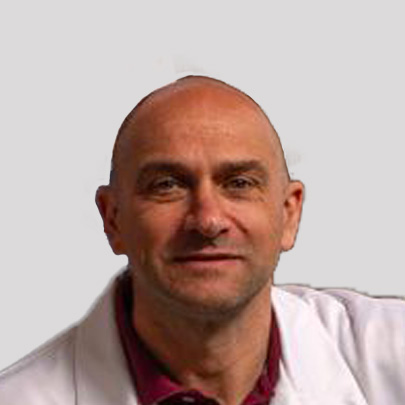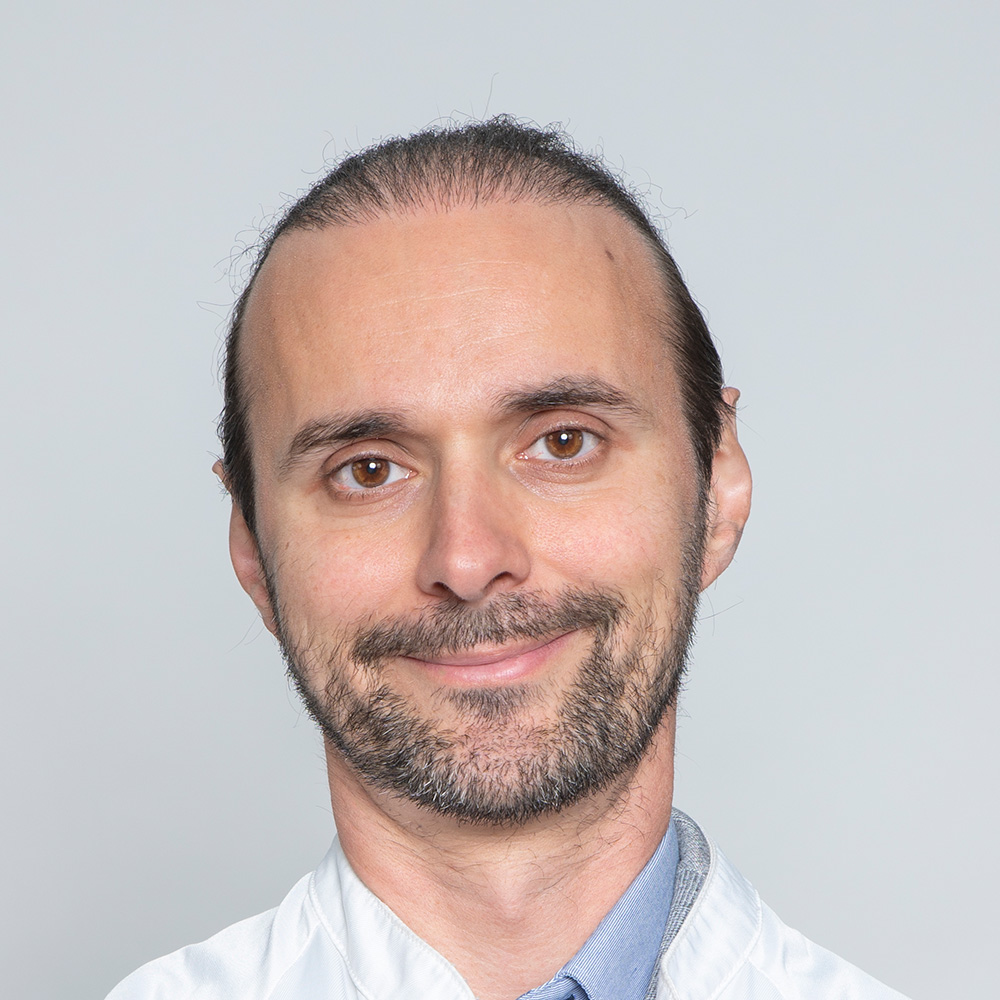The team aims to develop innovative treatments for neuromuscular diseases based on gene transfer and understanding of pathophysiological mechanisms. It works in particular on congenital muscle diseases such as myotubular myopathy.
The team’s researchers
-
Expertise: neuromuscular diseases, congenital myopathies, neurosiences, gene therapy
-
Expertise: neurodegenerative diseases, vesicular traffic, imaging
0000-0002-0270-5448 -
Expertise: neuromuscular diseases, animal physiology, proteomics
-
Expertise: neurosciences, gene therapy, imagery
0000-0001-9059-3310 -
Expertise: vectorology, neuromuscular diseases
The team’s projects
The team performed pioneering preclinical work in the development of gene therapy for myotubular myopathy which resulted in an international phase I/II clinical trial. Its translational research is currently focused on the exploration and optimization of new therapeutic approaches for orphan neuromuscular diseases using AAV vector technology and genome editing.
Recent publications include the results of a gene therapy clinical trial for myotubular myopathy (The Lancet Neurology 2023, see press release 2023/11/16), the development and characterization of new AAV capsids for more efficient transfer into skeletal muscle (Science Advances 2022), and the development of a gene therapy approach for acid ceramidase deficiency.
Recent publications
- Shieh PB et Al. « Safety and efficacy of gene replacement therapy for X-linked myotubular myopathy (ASPIRO): a multinational, open-label, dose-escalation trial » Lancet neurology 22, 1125-1139. 26.
- El Andari J. et Al. « Semirational bioengineering of AAV vectors with increased potency and specificity for systemic gene therapy of muscle disorders » Science advances 8, eabn4704.
- Lo Scrudato M, Poulard K, Sourd C, Tomé S, Klein AF, Corre G, Huguet A, Furling D, Gourdon G, Buj-Bello A. Genome Editing of Expanded CTG Repeats within the Human DMPK Gene Reduces Nuclear RNA Foci in the Muscle of DM1 Mice. Molecular Therapy. 2019 Aug 7;27(8):1372-1388.
- Mack DL, Poulard K, Goddard MA, Latournerie V, Snyder JM, Grange RW, Elverman MR, Denard J, Veron P, Buscara L, Le Bec C, Hogrel JY, Brezovec AG, Meng H, Yang L, Liu F, O’Callaghan M, Gopal N, Kelly VE, Smith BK, Strande JL, Mavilio F, Beggs AH, Mingozzi F, Lawlor MW, Buj-Bello A*, Childers MK*. Systemic AAV8-Mediated Gene Therapy Drives Whole-Body Correction of Myotubular Myopathy in Dogs. Molecular Therapy. 2017 Apr 5;25(4):839-854. *Co-last authors.
- Childers MK, Joubert R, Poulard K, Moal C, Grange RW, Doering JA, Lawlor MW, Rider BE, Jamet T, Danièle N, Martin N, Rivière C, Soker T, Hammer C, Van Wittenberghe L, Lockard M, Guan X, Goddard M, Mitchell E, Barber J, Williams JK, Mack DL, Furth ME, Vignaud A, Masurier C, Mavilio F, Moullier P, Beggs AH, Buj-Bello A. Gene Therapy Prolongs Survival and Restores Muscle Function in Murine and Canine Models of X-linked Myotubular Myopathy. Science Translational Medicine, 2014 Jan 22;6(220):220ra10.
They support us







